US giant Bechtel wants the government of Kenya to borrow the cash needed for the $3bn highway from Mombasa to Nairobi, which Bechtel had been picked to build, and says the toll revenues will nearly double the government’s money in 25 years.
That would be far more advantageous for the debt-laden government in the long run than a public-private partnership (PPP), which would mean Bechtel raises the cash itself through financial markets, the company says.
But a Kenyan minister said the preferred approach is still PPP, which would keep the capital cost of the game-changing expressway off its books.
Coming to light this week, the difference of opinion puts a question mark over the historic scheme, which sees a four-lane expressway paved between the east African country’s two main cities: its main port of Mombasa and its interior capital, Nairobi.
The 473-km highway, which the US government backed in 2016 on the understanding that Bechtel would build it, could expedite freight movement and ease commuter misery by cutting a 10-hour road trip prone to traffic jams down to four hours, with drivers cruising along at 120km/h.
Bechtel executives made their pitch to Kenyan Treasury officials last week.
"The financing model was reviewed on March 13, 2018 with National Treasury, and shows a net cash positive position of $5.7 billion (Sh570 billion) for the Government of Kenya over 25 years under the Bechtel government-to-government [loan] model," the contractor said in an executive note seen by Kenyan newspaper Business Daily.
This would mean loading more debt onto the government books, however, and Kenya’s rapid debt build-up has already triggered warnings from international agencies including the IMF, comments Business Daily.
This may explain Kenyan transport secretary James Macharia’s preference for the PPP approach.
"As of now it may be a bit premature to go into too much detail because we have not narrowed down to say if it is PPP or borrowing. Although our preference is to do PPP," he told the National Assembly committee on Transport, reports Business Daily.
Bechtel’s argument, says Business Daily, is that the PPP approach would load extra cost onto the loan, raising the sum needed five-fold, to $15bn, and it would require much more time to arrange.
The company’s expectation is that signing of a government-to-government loan of $3bn could happen in June this year, with construction starting the month after, said the newspaper.
"The project can start construction in July 2018, with the first useable section of the expressway to be delivered in early 2020, and an additional 50 km opening every six months thereafter," the Bechtel note said.
"This sectional approach provides useable sections which can be tolled during construction."
Bechtel expects Kenya to appoint a lead arranger next month for the loan agreement with the US Export-Import Bank and the Overseas Private Investment Corporation (OPIC).
Image: Dream road: Render of a junction on the planned historic Mombasa-Niarobi highway in Kenya (KenyaTalk.com)
Comments
Comments are closed.





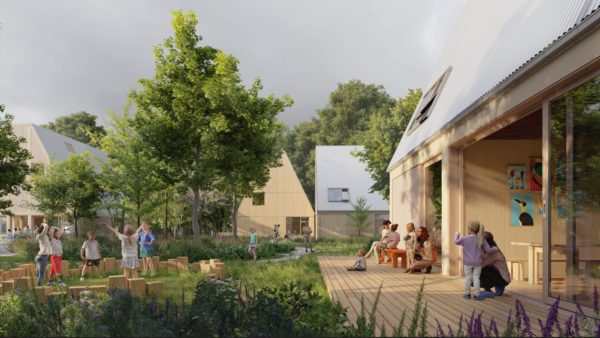
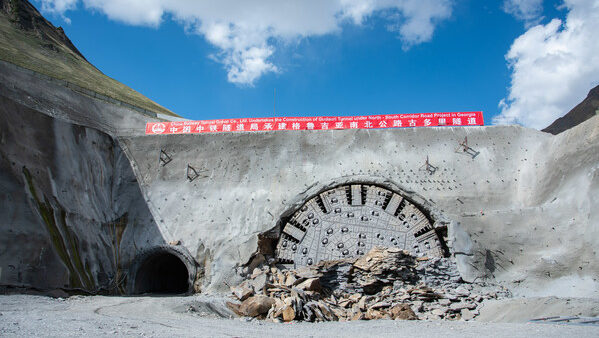
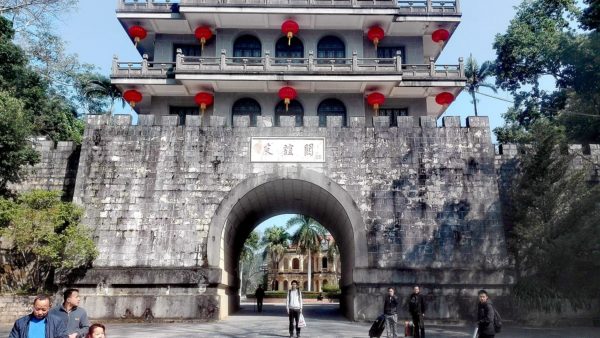
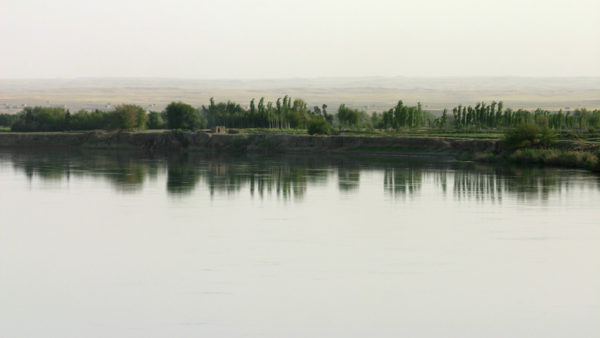
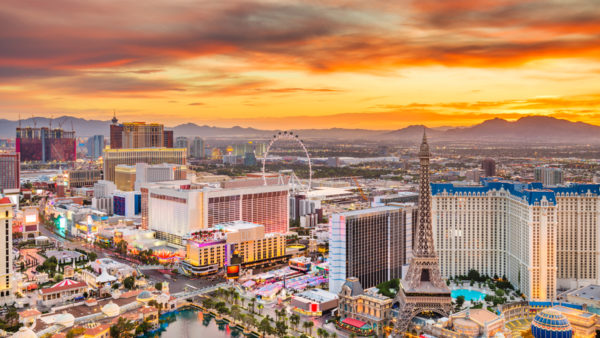
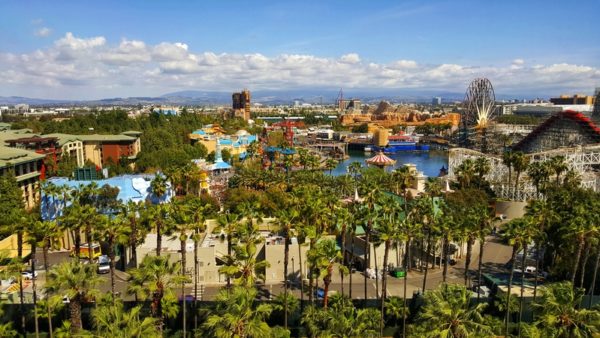
I understand the reluctance of the government to incur debt. However PPPs do not work well for public goods in the long term. It must be thoroughly planned and government must back it up with restrictive policy to ensure the road is actually used. I agree with Bechtels position of incurring long term debt for this project since the toll can still be implemented.